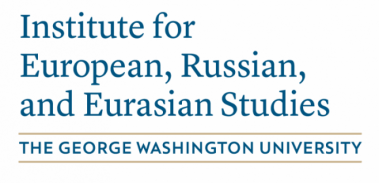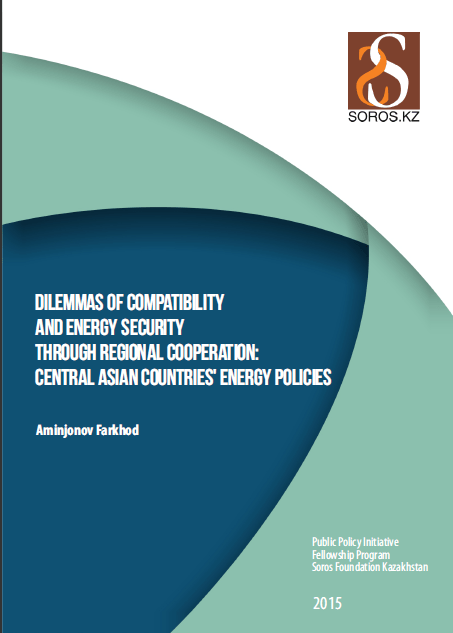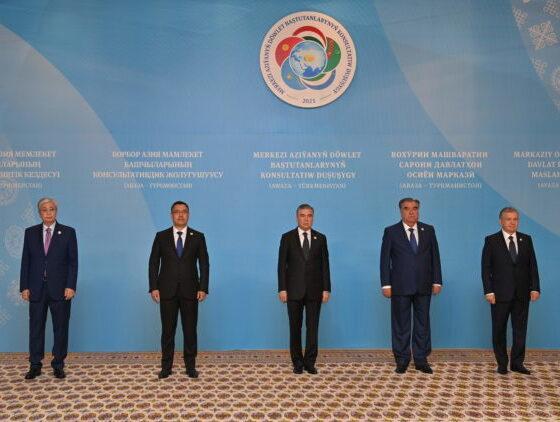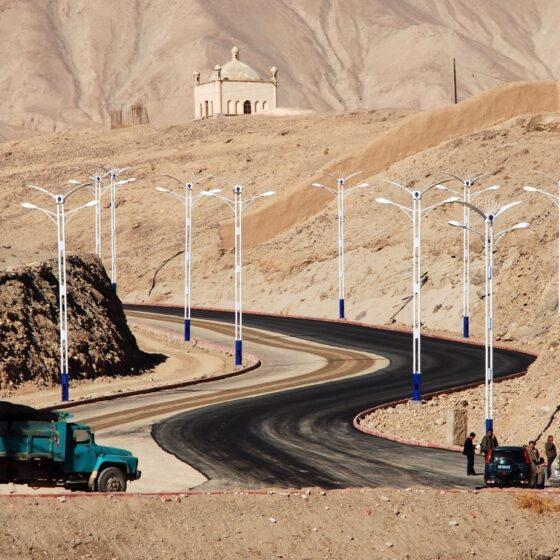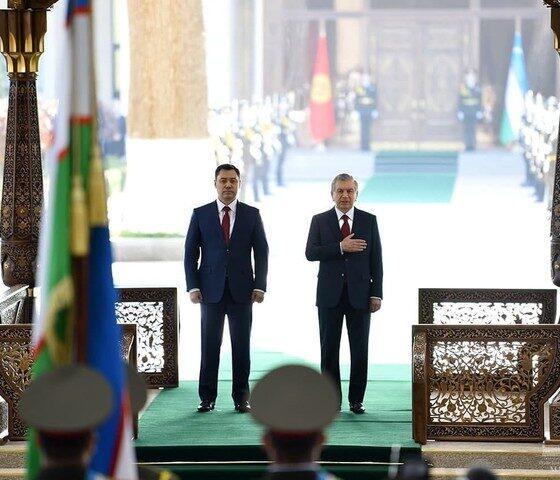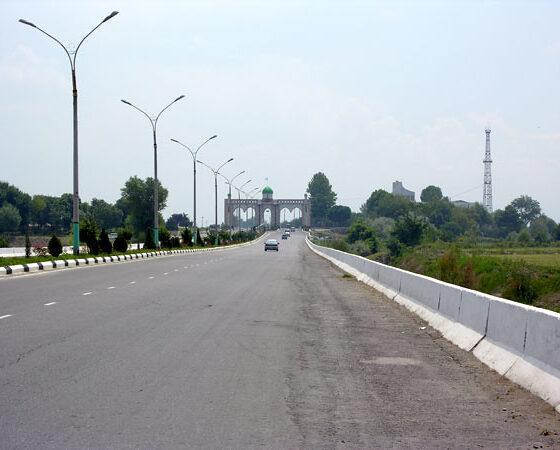Exchange of energy resources ensured stability and reliability of energy supplies within the Central Asian Energy System (CAES) for many decades. While the CAES provided conditions for all Central Asian states to enjoy energy security simultaneously, it could not withstand recently emerged geopolitical and economic challenges. This policy paper studies competing energy policies that have led to fundamental disagreements over the water-energy nexus along with disputes over the price for fossil fuels, which in its turn to a different extent affected sufciency of energy supplies and sustainability of the Central Asian energy sectors. The analysis shows that energy policies of the Central Asian countries focus on various initiatives to address energy security challenges, but do not prioritize intra-regional
cooperation and energy trade anymore. The paper follows the argument that disintegration of the CAES, without yet establishing national energy systems is accompanied by decreasing level of energy security in all ve Central Asian states. While full-scale re-integration of the CAES in the current geopolitical realities seems to be a difcult task to accomplish, the study shows that improving intra-Central Asian energy trade is quite possible and under recently emerged circumstances needs to be urgently prioritized in energy policies of the Central Asian states. The policy paper nds that intra-Central Asian energy trade has several direct positive effects on the level of energy security in the region. Regional state actors inherited pipeline and power networks saving them from considerable upfront investments, which most of Central Asian states would fail to afford. Comparative advantage in developing complementary energy sources provides conditions for using energy in the most rational way. Since the volume of power and natural gas export/import in the region is relatively insignicant such trading arrangements do not threaten availability of energy to external customers. Central Asian energy trade does not only solve the problem of uneven distribution of resources, but also contributes to sufciency and affordability of energy supplies. Policy recommendations highlight urgent need for restoring intra-Central Asian energy trade in the average amount traded within the past decade, while temporarily refraining from further development of projects capable to affect water-energy balance. It is recommended to promote dialogue among experts directly advising decision makers so that they can reach shared position regarding key attributes of the Central Asian energy security. Central Asian governments should also take full advantage of assistance offered by multilateral programs.
